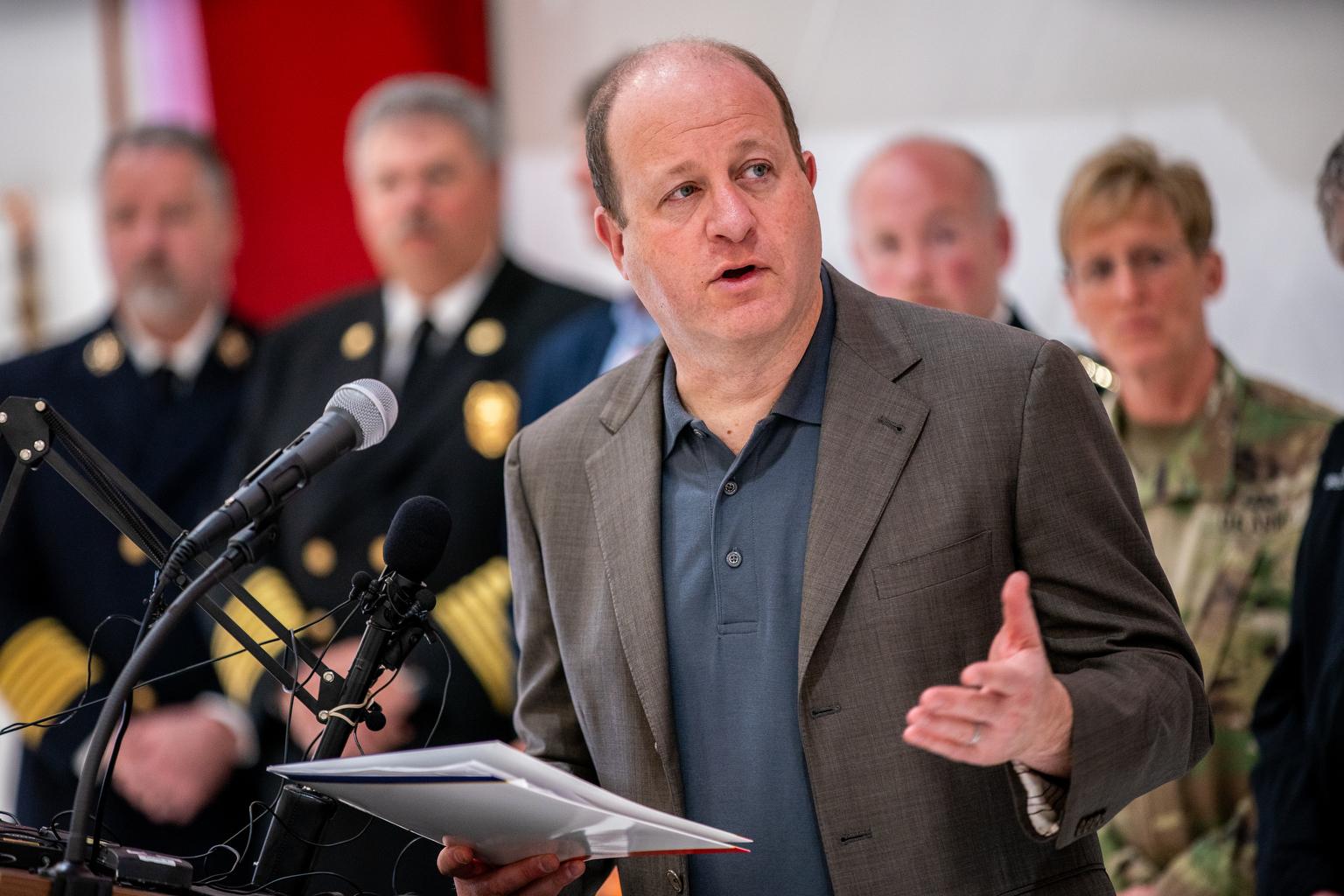
The first few days of this week are likely to bring frustration for those furiously refreshing the vote counts in CO-3.
Republican Rep. Lauren Boebert is up by just 1,122 votes over her Democratic challenger Adam Frisch as of Monday afternoon.
But new tallies will likely have to wait until Wednesday, the deadline for counties to receive ballots from military and overseas voters.
The next round of updated votes won’t just include those ballots, though — each county has kept some uncounted ballots in reserve to mix with whatever it receives through Wednesday in order to keep those results as anonymous as possible.
“Our county clerks and bipartisan poll watching teams are taking great care with counting every vote, and we must be patient as we allow this process to play out,” Frisch said in a statement to CPR.
Like a number of other candidates in still-too-close-to-call races around the country, Frisch is in Washington, D.C., this week for new member orientation. Frisch said his attendance shouldn’t be taken as him prejudging the result, just that he plans “to hit the ground running” should he end up the winner.
Wednesday is also the deadline for voters whose ballots were uncountable, primarily because their signature was missing or rejected, to fix the problem — known in the election world as curing. (Here's how to cure your ballot, by the way.) Other problems may include an issue with the identification the voter has on file with the state.
While clerks reach out to voters as a matter of routine to invite them to cure their ballots, with the race this close, the parties are both mounting full-out campaigns to persuade supporters to get it done.
The Democratic Congressional Campaign Committee has an online post soliciting party members across the country to make calls to likely Frisch voters, urging them to fix problems with their ballots. Only a few volunteer slots were left through Wednesday. Cure efforts can include knocking on voters’ doors, calling them and more.
As of now, the race is outside the margin for an automatic recount, which is set at 0.5 percent of the votes cast for the leading candidate. The current spread equals 0.69 percent of Boebert’s vote total, but all of those figures could change after the final votes are counted.
Recounts rarely shift more than a few votes. A statewide recount of the Secretary of State's primary this summer resulted in each candidate gaining just about a dozen votes. In 2020, the 18th judicial district race automatically triggered a recount because it came down under the half-point threshold. Once the 610,218 ballots cast were retabulated, the losing candidate gained 14 votes, and John Kellner, the eventual winner, picked up 6.
More coverage from the 3rd Congressional District:
- It quickly became clear on Election Night that hardline conservative Rep. Lauren Boebert would face a tougher-than-expected reelection race against her Democratic challenger, Adam Frisch.
- Frisch is a moderate Democrat and former Aspen City Council member. He made a centrist pitch to voters as he faced an uphill battle in District 3.
- Residents of Colorado’s vast 3rd District woke up on the days following Election Night without knowing who would represent them in Congress for the next two years. Here's what they have to say.
- Wait, so why is it taking so long to count votes in Colorado? Here’s why — and other ballot counting questions, answered.









